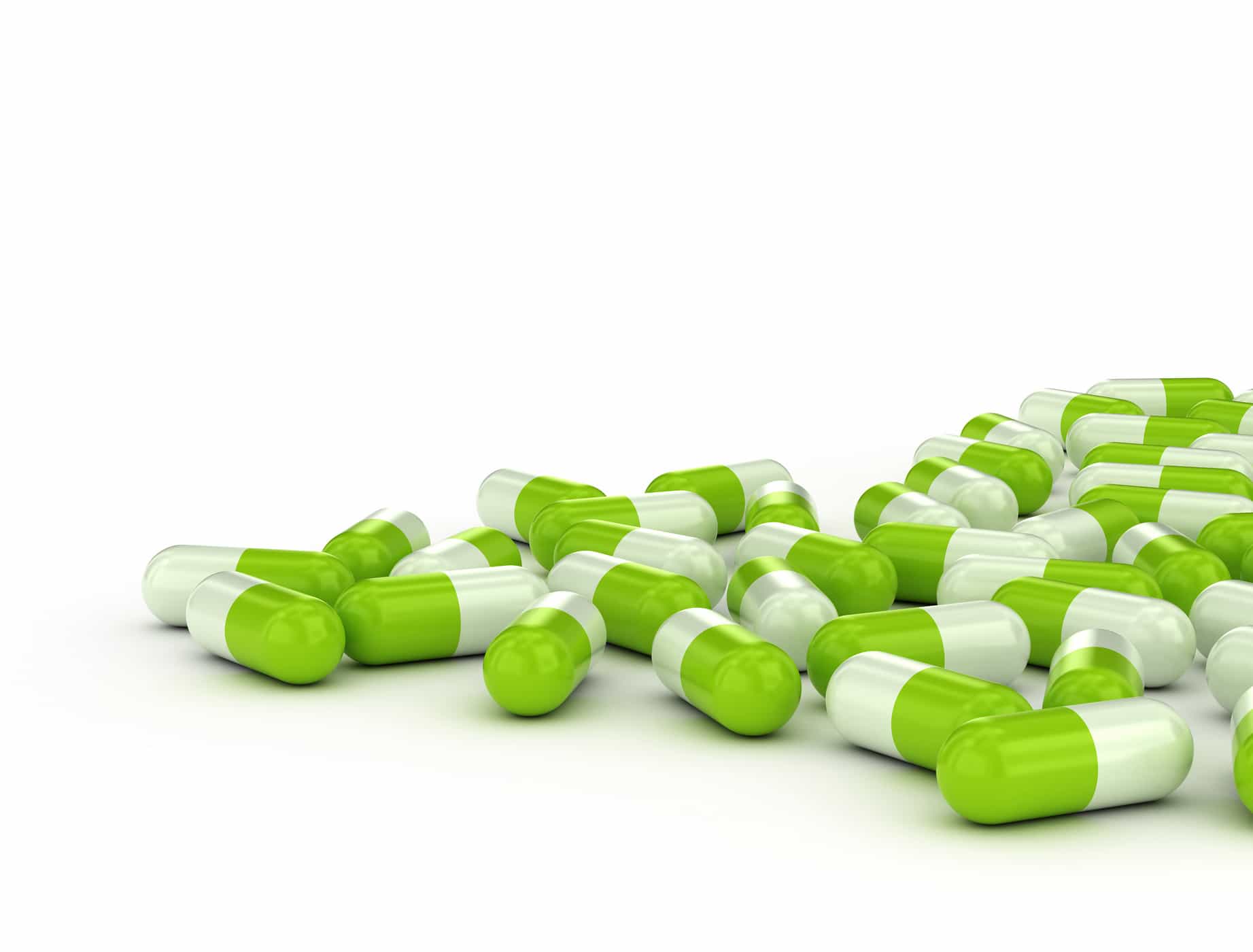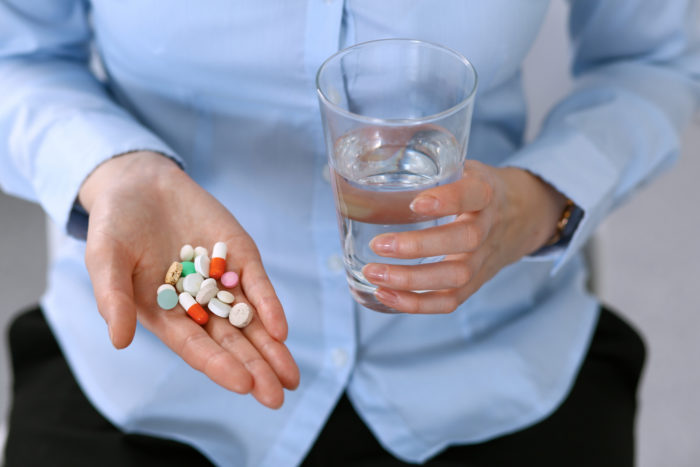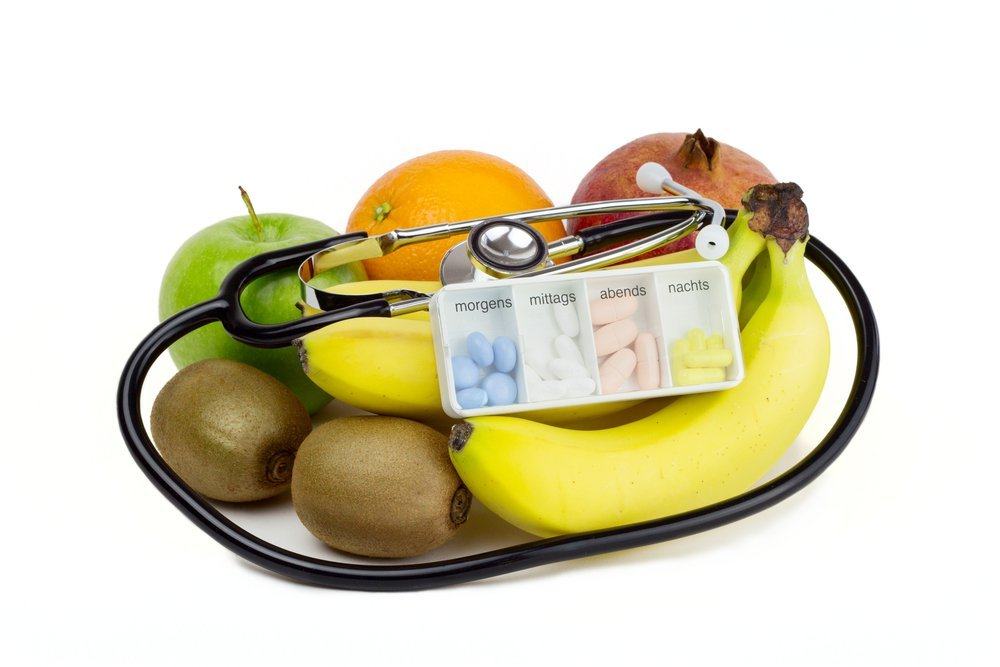Contents:
- Medical Video: High Blood Pressure: What You Need to Know About Medications
- What are the side effects and risks of high blood pressure?
- 1. Side effects of diuretic drugs
- 2. Side effects of ACE inhibitor drugs
- 3. Calcium channel blocker (CCB) medicine
- 4. Beta blockers
- 5. Angiotensin II receptor blocker (ARB)
Medical Video: High Blood Pressure: What You Need to Know About Medications
Each drug can have side effects, not least with high blood pressure drugs. However, that does not mean that every drug you take has side effects, huh. Most people who use blood pressure drugs will have no problems at all.
Generally there is no way to find out if you will have side effects from the medication you are using. You will be aware of any side effects when you start using a new drug, or if the drug dose is increased.
Everyone can experience different side effects from the same drug. For example, some people who use ACE inhibitors, namely high blood pressure drugs, can experience the effects of a dry cough. Other people using the same drug may not experience coughing, but may feel dizzy or have a stomach ache.
If you have a problem with one drug, this does not mean that all blood pressure medications will give you side effects. Other drugs may help blood pressure without any difficulty.
What are the side effects and risks of high blood pressure?
There are several side effects of high blood pressure medication. But before you have to know, that exercising and having a normal weight can reduce blood pressure, but many people with hypertension hope to lower their blood pressure through the help of drugs.
For example in high blood pressure there are types of diuretic drugs, alpha and beta inhibitors, ACE inhibitors, calcium blockers, and enlargement of blood vessels that are useful for lowering blood pressure. Some of these have been linked to serious risks such as cancer, heart attack, liver damage, and stroke. Side effects of these drugs are commonly reported. The following other side effects:
1. Side effects of diuretic drugs
Diuretic drugs such as hydrochlorotiazide (HCT), indapamide, metolazone, bumetanide, furosemide, generally work by removing excess water and sodium in the body.
The effect, the amount of fluid flowing in the blood vessels decreases. In the end, your blood pressure decreases. Because of how the drug works, you may urinate more often after taking this medicine. In addition, diuretic drugs can also cause side effects such as
- fatigue
- leg cramps
- chest pain
- to heart problems.
2. Side effects of ACE inhibitor drugs
Angiotensin-converting enzyme (ACE) inhibitors are high blood pressure drugs that cause blood vessels to narrow. With ACE inhibitor drugs, this helps reduce angiotensin production.
This can then help relax the blood vessels and ultimately can lower blood pressure. Examples of ACE inhibitors: captopril, enalapril, lisinopril, benazepril hydrochloride. This type of drug can cause side effects such as:
- Cough
- Loss of taste sensation, loss of appetite
- Dizziness, drowsiness, headache
- Sleep disorders (insomnia)
3. Calcium channel blocker (CCB) medicine
This drug works by preventing calcium from entering the heart cells and muscle blood vessels. So, causing the cells of the heart and blood vessels to relax, not tense.
In the end, it can reduce blood pressure by making blood vessels relax and reduce heart rate. You need to know that calcium can increase the strength of contractions in the heart and blood vessels.
Examples of CCB drugs are amlodipine, clevidipine, diltiazem, felodipine, and isradipine. This type of high blood pressure medication has side effects such as:
- Red skin, rash, blisters
- Swelling in the hands or feet
- Difficulty breathing
- Slow heartbeat
- Dizziness, fainting, rapid heartbeat or pounding
4. Beta blockers
This drug works by blocking the effects of the hormone epinephrine (adrenaline hormone). This makes the heart work more slowly, the heart rate and the strength of the heart pump decrease. Thus, the volume of blood flowing in the blood vessels decreases and blood pressure decreases.
Beta blockers which is commonly prescribed as a high blood drug atenolol, propranolol and metoprolol. The following are the side effects:
- Pain in the chest, heartbeat or feeling fast in the chest
- Headache
- Appear shortness of breath in mild activity
- Swelling of hands or feet
- Nausea, upper abdominal pain, itching, loss of appetite, dark urine, clay-colored stools, jaundice (yellowing of the skin or eyes)
5. Angiotensin II receptor blocker (ARB)
This drug also works by blocking angiotensin in the body. However, the difference between these drugs blocking the work of angiotensin in the body does not prevent the production of angiotensin. This drug prevents angiotensin from binding to receptors in blood vessels, so that it can help lower blood pressure.
Examples of ARB drugs are azilsartan, candesartan, and irbesartan. The following high blood medications have side effects such as:
- Feeling light on the head, like wanting to faint
- Chest pain
- Urinating only little or no at all
- Swelling, rapid weight gain
- High potassium (slow heart rate, weak pulse, weak muscles, and tingling)













